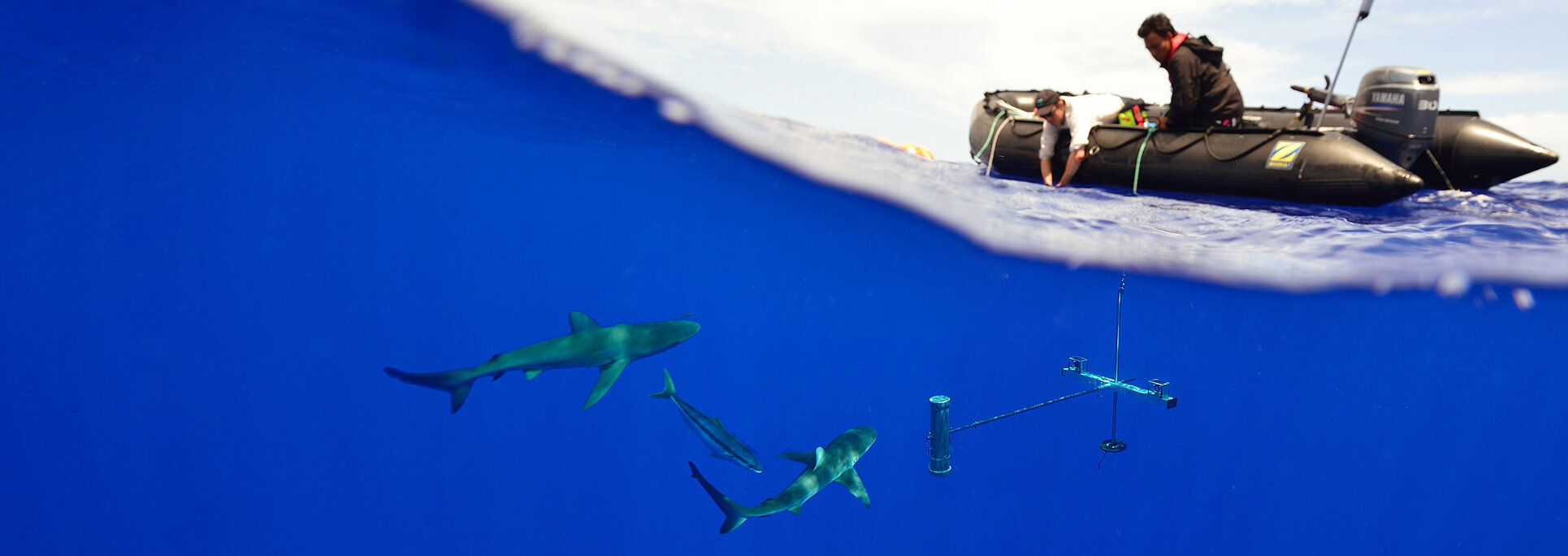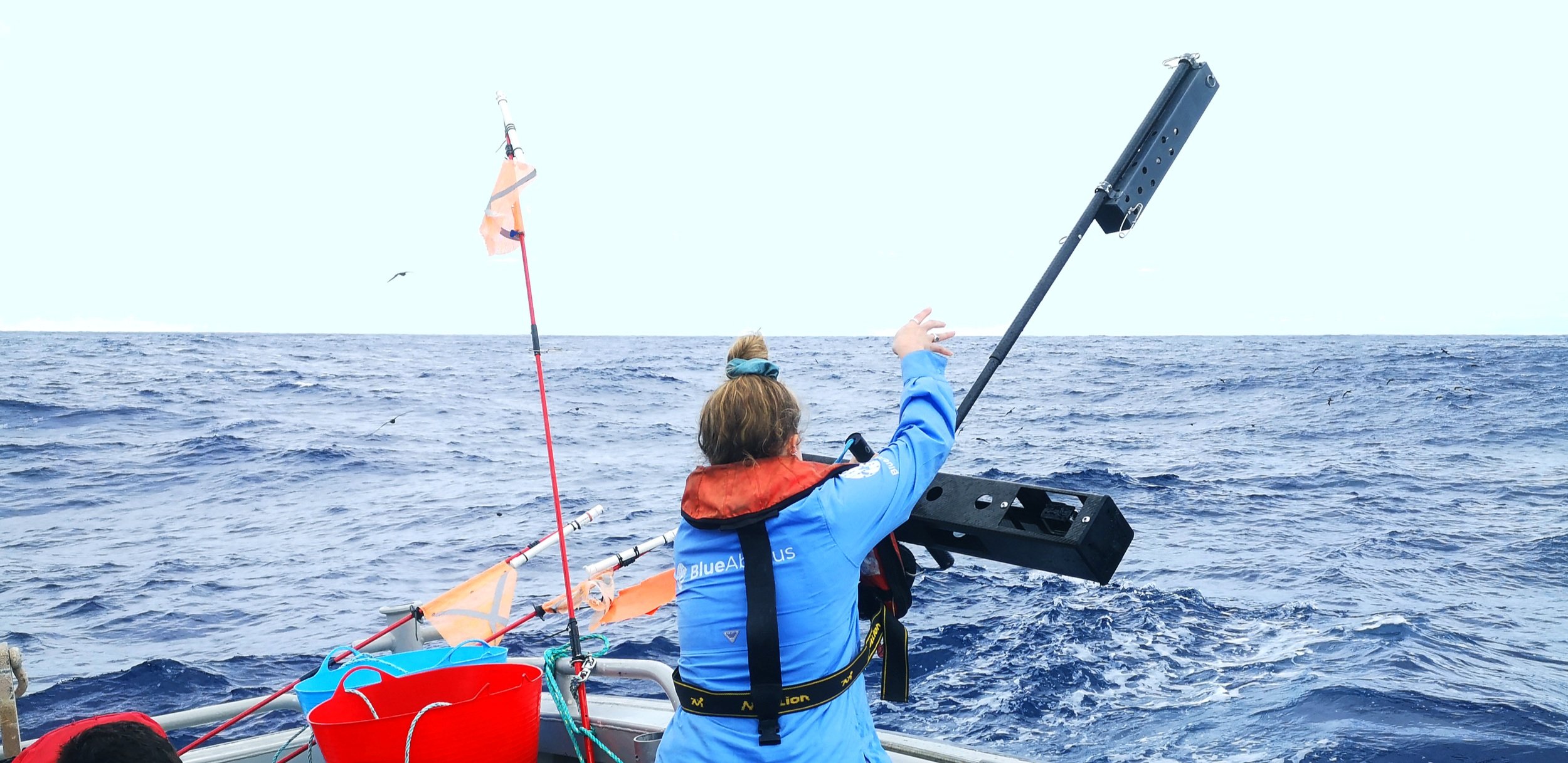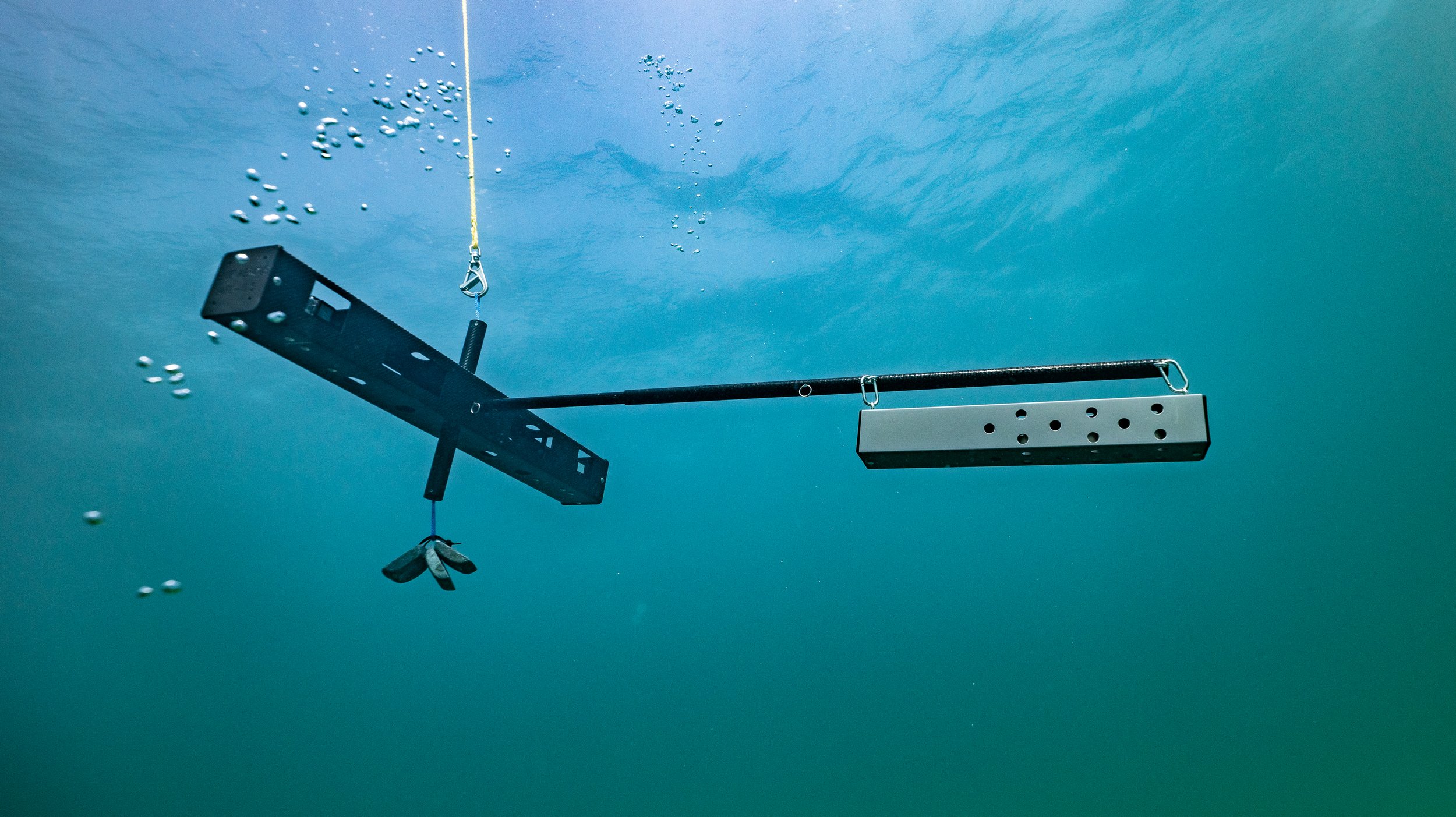
Our vision
GLOBAL OCEAN RESILIENCE
A mended ocean in which marine wildlife thrives
and from which civil society benefits
Professor Jessica Meeuwig is the inaugural Wen Family Chair in Conservation, established at the University of Western Australia, in perpetuity, in 2023.
The focus of the Chair is on oceans research, communication, and policy impact. The Marine Futures Lab, a team of Research Fellows, PhD and Masters candidates, interns and professional staff, delivers a multi-disciplinary program to achieve global ocean conservation outcomes.
Wen Family Chair in Conservation
Empirical data to drive understanding
The pelagic and benthic ecological research undertaken by the lab flows into specific questions about designing and managing MPAs. More broadly, we are interested in biogeography, the effect of noise in MPAs, understanding critical habitats such as nursery areas and aggregation areas, how MPAs build resilience in the face of climate change and the role of big data in MPA establishment and management. We also collaborate with economists to better understand the socioeconomic aspects of approaches to MPAs. Our work on MPAs includes understanding the overlap of ecologically important canyons and other features with existing protection, identification of shark nurseries and last refuges for pelagic and reef species. We also have quantified the economic value of full protection.
How we do it
Policy impact, making a difference
The Anthropocene has seen the industrialisation of our oceans much like the more-recognised transformation of land. Restoration and rehabilitation can prove challenging and the Novel Ecosystem concept has evolved to explore the question of whether anthropogenically-transformed habitats provide important ecosystem services and thus have value. We are exploring this question in the context of offshore oil and gas platforms. Key papers include a review of the application of this concept to the offshore oil and gas sector, recommendations for improved use of industry-generated data and consideration of how alternative decommissioning scenarios influence as a function of depth.
Baited Remote Underwater Video Systems (BRUVS)
The Anthropocene has seen the industrialisation of our oceans much like the more-recognised transformation of land. Restoration and rehabilitation can prove challenging and the Novel Ecosystem concept has evolved to explore the question of whether anthropogenically-transformed habitats provide important ecosystem services and thus have value. We are exploring this question in the context of offshore oil and gas platforms. Key papers include a review of the application of this concept to the offshore oil and gas sector, recommendations for improved use of industry-generated data and consideration of how alternative decommissioning scenarios influence as a function of depth.
“Our goal is to make a difference”
Discover – we have sampled some of the most remote places on our planet to pull back the blue curtain on ocean wildlife
Apply– we address key questions in support of ocean conservation and fisheries policy
Talk – we share our work with the broader community to increase awareness of the challenges that our open oceans face
Latest news
Big Picture Thinking
Our vision is global, with partnerships and field programmes at more than 35 locations across 4 oceans.
Focus on Partnerships
When it comes to ocean conservation, more brains are always better. We collaborate both nationally and internationally to deliver on-ocean outcomes and tackle problems of local, regional and global significance.










